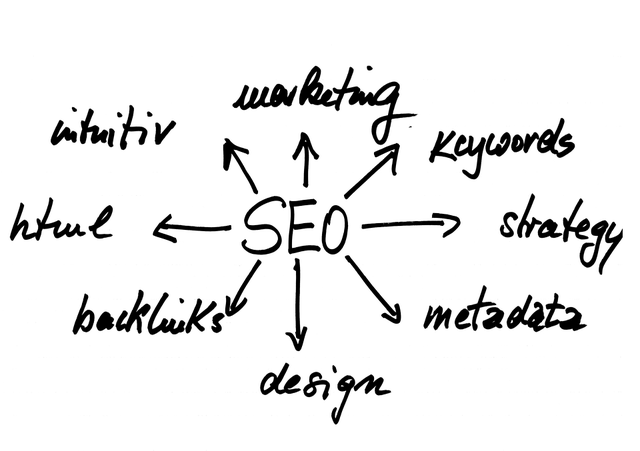Professional SEO Programs equip digital marketers with crucial skills for online success. These programs teach how to optimize web pages using keywords, meta tags, and content strategies, increasing visibility and organic traffic. With a focus on keyword research, on-page optimization, and technical aspects like speed and mobile responsiveness, graduates can create engaging content that drives user engagement and search engine rankings. Through hands-on training with industry tools and real-world projects, these programs ensure professionals stay updated with SEO trends and deliver tangible results for clients' online growth.
Understanding On-Page SEO: The Cornerstone of Digital Marketing

On-Page SEO is a fundamental aspect of digital marketing and a cornerstone for any successful online presence. It involves optimizing individual web pages to rank higher in search engine results, thereby increasing visibility and driving organic traffic. Understanding on-page factors is crucial for professionals aiming to excel in the competitive digital landscape.
Professional SEO programs equip individuals with the knowledge and skills to master this art. By focusing on elements like keyword research, meta tags, content optimization, and internal linking, experts can create compelling and search-friendly web pages. These strategies ensure that each page tells a unique story, catering to both users’ interests and search engine algorithms, ultimately leading to improved online visibility and engagement.
– Definition and significance in modern web strategy.

– Key components of on-page optimization.

The key components of on-page optimization include a strategic and well-researched approach to content creation and website design. Professional SEO Programs emphasize the importance of keyword research and integration, ensuring that relevant terms are naturally woven throughout titles, headings, meta descriptions, and body text. This process enhances search engine visibility and attracts target audiences.
Furthermore, on-page optimization involves optimizing technical aspects like page load speed, mobile responsiveness, and URL structure. Effective use of headers, alt tags for images, and internal linking structures improves both the user experience and search engine understanding of the website’s content hierarchy. These strategies collectively contribute to a robust on-page SEO strategy that not only boosts rankings but also drives organic traffic.
Professional SEO Programs: A Comprehensive Curriculum

Professional SEO Programs are designed to equip individuals with a comprehensive understanding and practical skills in search engine optimization. A thorough curriculum covers a wide range of topics, from keyword research and on-page optimization to link building and analytics. These programs ensure students gain hands-on experience using industry-standard tools and techniques, preparing them for the dynamic nature of SEO.
The curriculum also emphasizes staying updated with the latest trends and algorithm changes. Students learn how search engines work, how rankings are determined, and what strategies are effective in driving organic traffic. By combining theoretical knowledge with practical applications, Professional SEO Programs ensure graduates are well-equipped to excel in this competitive field.
– Module breakdown: keywords research, content optimization, meta tags, site structure, and internal linking.

– Hands-on training in utilizing industry-standard tools.

In the realm of Professional SEO Programs, hands-on training plays a pivotal role in equipping students with the practical skills required to excel in the industry. Students are immersed in utilizing industry-standard tools, learning how to optimize websites for search engines with precision and efficiency. This involves mastering techniques such as keyword research, on-page optimization, and technical SEO audits, all of which are essential components of successful digital marketing strategies.
The training goes beyond theoretical knowledge, fostering a deep understanding of the complex interplay between content, code, and algorithms. Students learn to navigate the intricate labyrinth of search engine guidelines, ensuring their work resonates with both users and search engines. By engaging in real-world projects, they gain experience in implementing SEO best practices, ultimately enabling them to deliver tangible results for clients seeking online visibility and growth.
